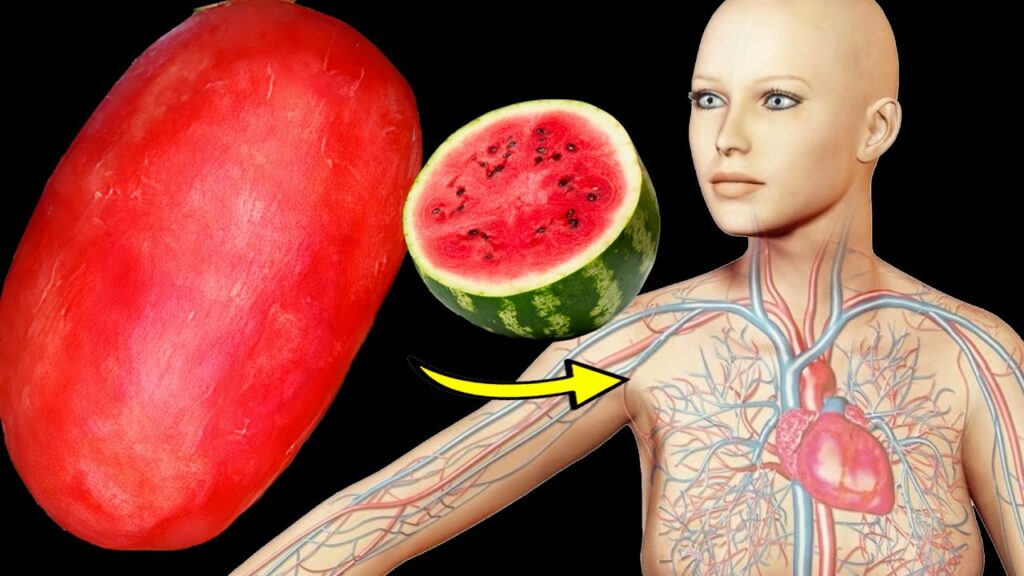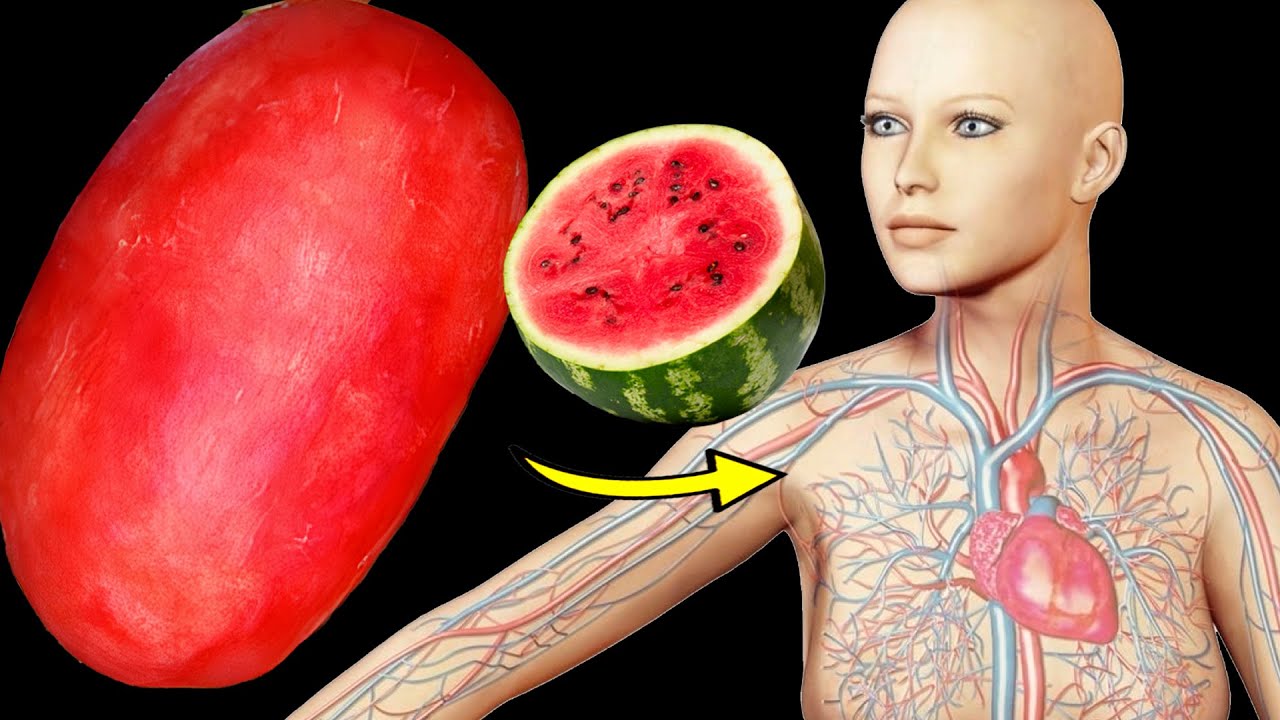
Watermelon is a refreshing and hydrating fruit that’s perfect for hot summer days, but did you know that eating watermelon every day can have a significant impact on your health? This juicy fruit is not only delicious but also packed with nutrients that can benefit your body in numerous ways. Let’s explore what happens when you make watermelon a daily part of your diet.
1. Hydration Levels Improve
Watermelon is composed of about 92% water, making it an excellent way to stay hydrated. Eating watermelon daily helps maintain proper hydration, which is essential for nearly every function in your body, from regulating temperature to supporting digestion and joint lubrication.
2. Boosts Heart Health
Watermelon is rich in heart-healthy nutrients, including potassium, which helps regulate blood pressure, and lycopene, an antioxidant that has been shown to reduce the risk of heart disease. Eating watermelon every day can support your cardiovascular system by helping to keep your blood pressure in check and protecting your arteries.
3. Aids in Weight Management
Watermelon is low in calories but high in volume, making it a satisfying snack that can help you feel full without adding extra calories. The natural sugars in watermelon also provide a quick energy boost without causing the spikes in blood sugar associated with processed sweets. This makes it a great choice for those looking to manage their weight.
4. Supports Digestive Health
Watermelon contains a good amount of fiber, which is essential for healthy digestion. Eating watermelon every day can help keep your digestive system regular, prevent constipation, and promote overall gut health. The water content also helps to keep things moving smoothly in your digestive tract.
5. Provides Antioxidant Protection
Watermelon is packed with antioxidants like vitamin C, lycopene, and beta-carotene. These antioxidants help combat free radicals in the body, which can cause cellular damage and contribute to aging and disease. By eating watermelon daily, you’re providing your body with a steady supply of these protective compounds.
6. Enhances Skin Health
The vitamins and antioxidants in watermelon are also great for your skin. Vitamin C helps with collagen production, which keeps your skin firm and youthful, while the high water content helps keep your skin hydrated and glowing. Lycopene also offers some protection against sun damage, making watermelon a skin-friendly fruit.
7. Improves Muscle Recovery
Watermelon is a good source of the amino acid citrulline, which can help improve blood flow and reduce muscle soreness after exercise. If you’re active and looking for a natural way to support muscle recovery, incorporating watermelon into your daily diet can be beneficial.
8. Supports Kidney Health
Watermelon’s high water content and natural diuretic properties help flush toxins out of your body, which can support kidney health. Additionally, the potassium in watermelon helps prevent kidney stones by reducing the concentration of uric acid in the blood.
9. Reduces Inflammation
Chronic inflammation is linked to many health conditions, including heart disease and cancer. Watermelon’s antioxidants, particularly lycopene, have anti-inflammatory properties that can help reduce inflammation in the body when consumed regularly.
10. Boosts Immunity
The vitamin C in watermelon plays a crucial role in boosting your immune system. Regular consumption of watermelon can help your body fight off infections more effectively, keeping you healthier in the long run.
Conclusion
Eating watermelon every day is a delicious way to support your overall health. From staying hydrated to boosting heart health and enhancing your skin, the benefits of this nutrient-rich fruit are numerous. So, the next time you’re looking for a healthy snack, reach for a slice of watermelon and enjoy the many positive effects it can have on your body!




